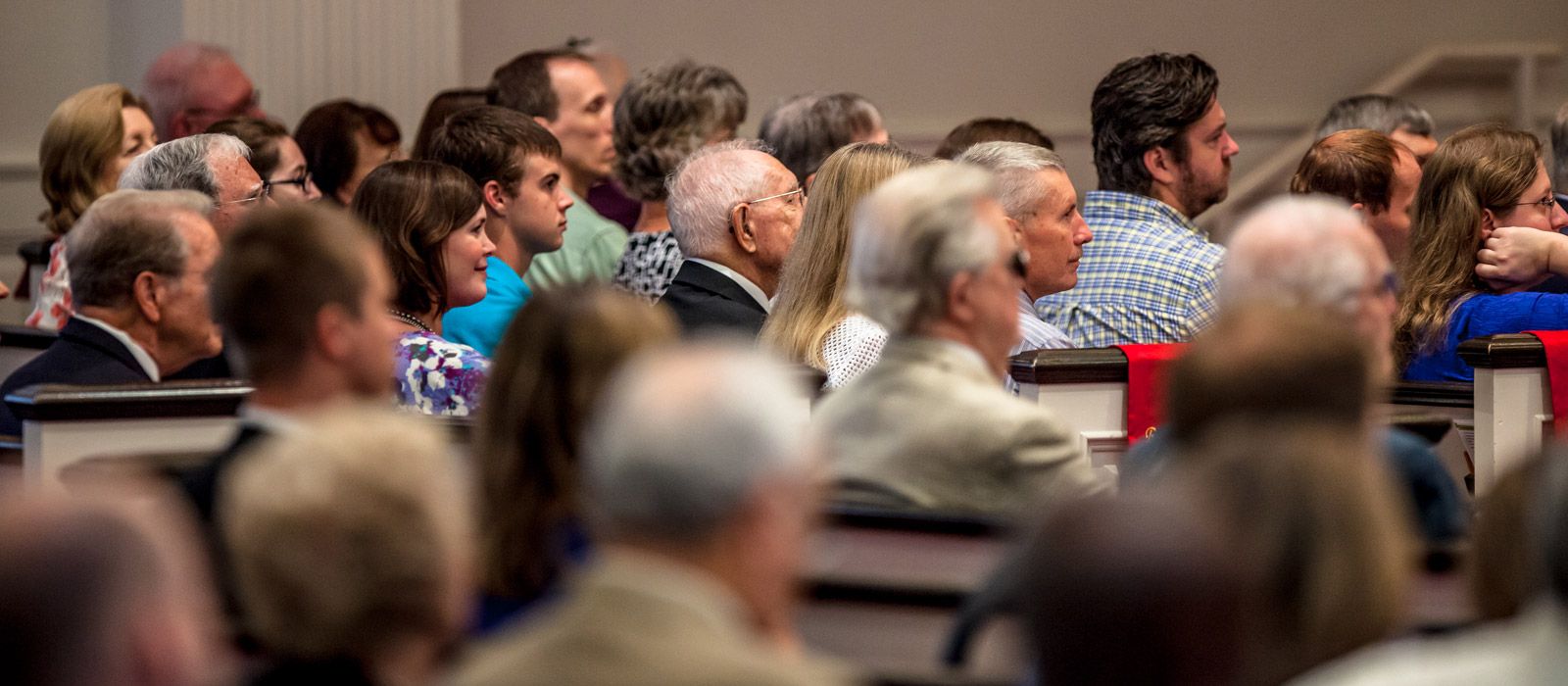“Lord I Believe; Help My Unbelief”
The Gospel of Mark tells the story of a father whose son was demon-possessed. While the inner circle of disciples was watching Jesus’ transfiguration, the other disciples were in the valley dealing with a routine request for a healing. The father had tried to take the child to Jesus’ disciples. Jesus trained them to handle problems like this. (Even some people who didn’t follow Jesus could get rid of demons.) But Jesus’
disciples failed. They couldn’t exorcise the demon; and in response, the disciples and the other religious leaders became argumentative. Instead of taking their concerns to Jesus, they took their frustrations out on each other. In the midst of their gridlock, the father turned to God. Standing in front of him was God himself- Jesus. Exasperated with his own followers and the paralysis of the people, Jesus told the father to bring the convulsing boy to him. After a thorough examination of the boy’s condition, Jesus declared to the father, “Anything is possible for him who believes.” The father replied, “Lord, I believe; help my unbelief.”
I think the experience of the father is a parable for the world around us here in Tallahassee. Torn apart by the effects of sin, our lives wither, writhe, and foam from the captivity of the evil one. Certainly not all disease is the result of moral failure; but this exorcism reflects a spiritual battle that many people are undergoing. Unfortunately, religious types and Christians are often paralyzed by our own failures and arguments. Like normal disciples, our attention is easily diverted from the ones who need us most.
Jesus shows his disciples how to trust him when circumstances are beyond their control or expertise. The God who called Israelites out of Egypt and a church out of Pentecost continues to call us to trust him with the fathers and sons in front of us. As Archbishop William Temple is often quoted as saying, “The church is the only society that exists for the benefit of those who are not in its membership.” In one brief moment, the
disciples learned how to be this kind of church when their options were exhausted and their Lord was
exasperated. Jesus taught disciples to turn away from argumentativeness and turn to those who needed them the most. He showed them how to reach out to those like this father and son and trust Jesus with their inabilities to heal him. When unable to provide the cure, Jesus said that we can turn our fears, failures, and children over to him and trust him for the outcome. To break through the grip of death, we need the faith of the father. He says, “Lord I believe; help my unbelief.”
For 10 weeks, we are going to be brave enough to admit we have some unbeliefs. That despite everything we’ve tried to accomplish, we still have areas of our Christian lives that need practice and are beyond our control. We have some doubts about some of the core beliefs of the Christian life. By trusting Jesus with what we don’t know, he begins to show us the who and how of faith. Who do we trust in? Jesus. How do we believe in him? By giving our hearts to him and modeling this life for others. We become the church. We learn as the disciples did that the kind of issues we are facing can only come out by prayer. For the first time, the disciples saw someone who had the courage to pray not just with Jesus—but to Jesus. The Father prayed to God, “Lord I believe, help my unbelief.” So will you join me in prayer?

